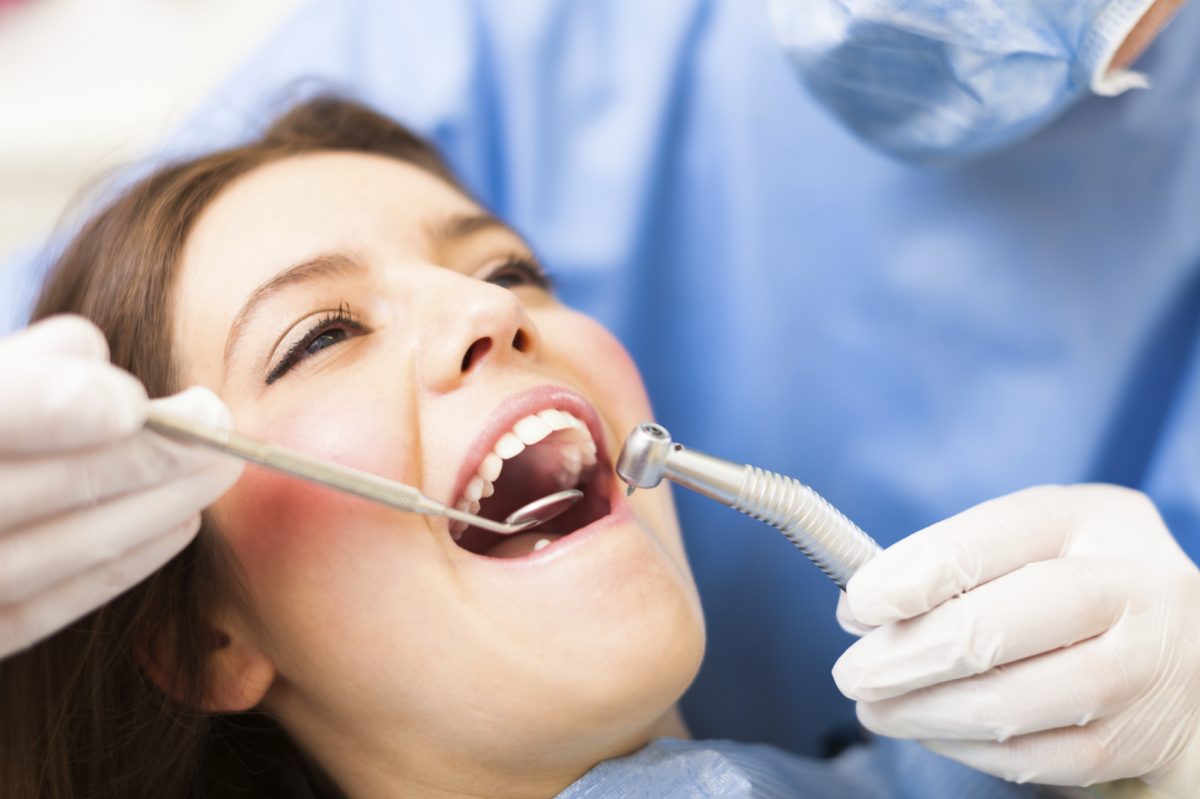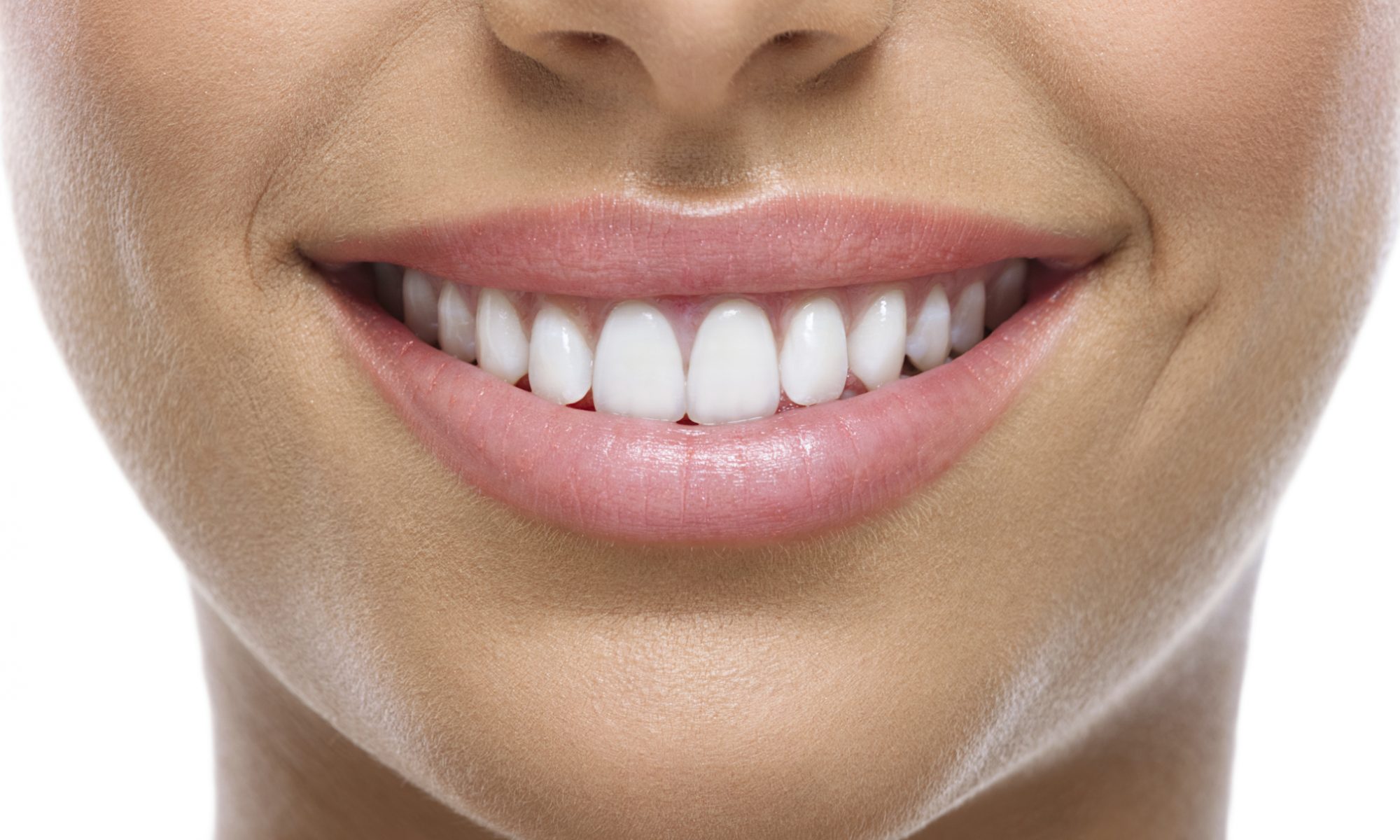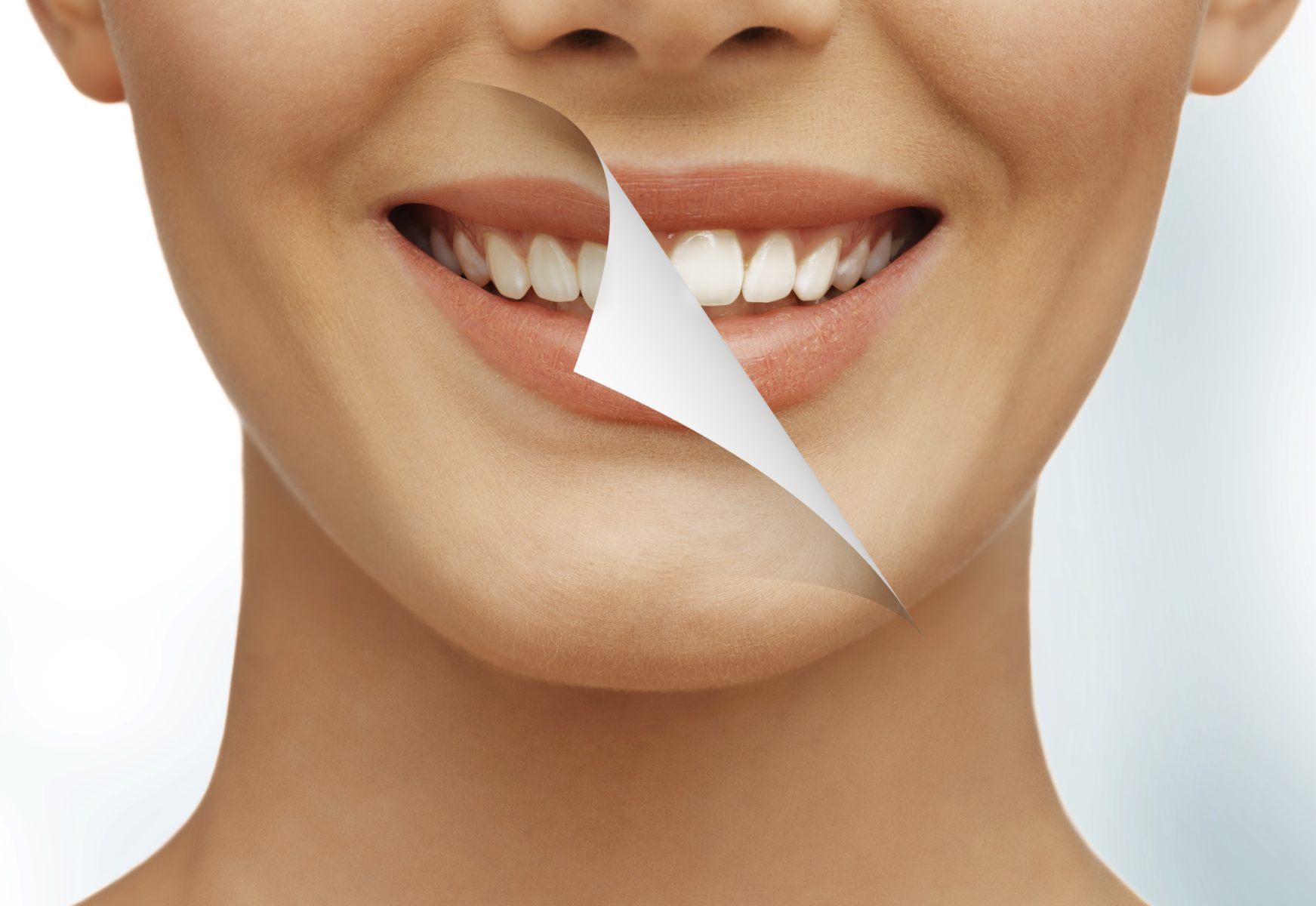Wisdom teeth, also known as third molars, are the last set of teeth to develop, typically emerging between the ages of 17 and 25. While they were once essential for our ancestors—who relied on them to grind coarse, unprocessed foods—wisdom teeth today often create more problems than benefits due to changes in jaw size and modern diets.
In many people, there is not enough space in the jaw for wisdom teeth to erupt properly. As a result, they may become impacted, meaning they are trapped beneath the gums or grow at an angle. Impacted wisdom teeth can cause pain, swelling, jaw stiffness, and difficulty opening the mouth. They may also lead to infections if bacteria become trapped around partially erupted teeth.
Even when wisdom teeth do emerge, their position at the back of the mouth makes them difficult to clean effectively. This increases the risk of cavities, gum disease, and plaque buildup—not only on the wisdom teeth themselves, but also on neighboring teeth. In some cases, wisdom teeth can push against adjacent molars, contributing to crowding or damage to healthy teeth.
Dentists often recommend monitoring wisdom teeth during routine check-ups, usually with the help of dental X-rays. If problems are likely to occur, preventative removal may be advised, even before symptoms develop. Removing wisdom teeth at a younger age is generally easier and associated with faster healing, as the roots are not fully developed and the surrounding bone is more flexible.
Wisdom tooth extraction is a common and safe procedure when performed by a dental professional. After removal, patients may experience temporary swelling or discomfort, which can usually be managed with rest, cold compresses, and prescribed or over-the-counter pain relief. Following post-operative care instructions is essential to prevent complications such as dry socket or infection.
While not everyone needs their wisdom teeth removed, understanding their potential impact on oral health is important. Regular dental visits allow for early detection of issues, helping ensure that wisdom teeth—whether retained or removed—do not compromise long-term dental health.
Schedule your appointment today. Call Dr. Katia Doumit in Ottawa, Ontario at 613-232-8000 or visit www.urbandentalcentre.com. Dr. Doumit proudly serves Ottawa and all surrounding areas.







